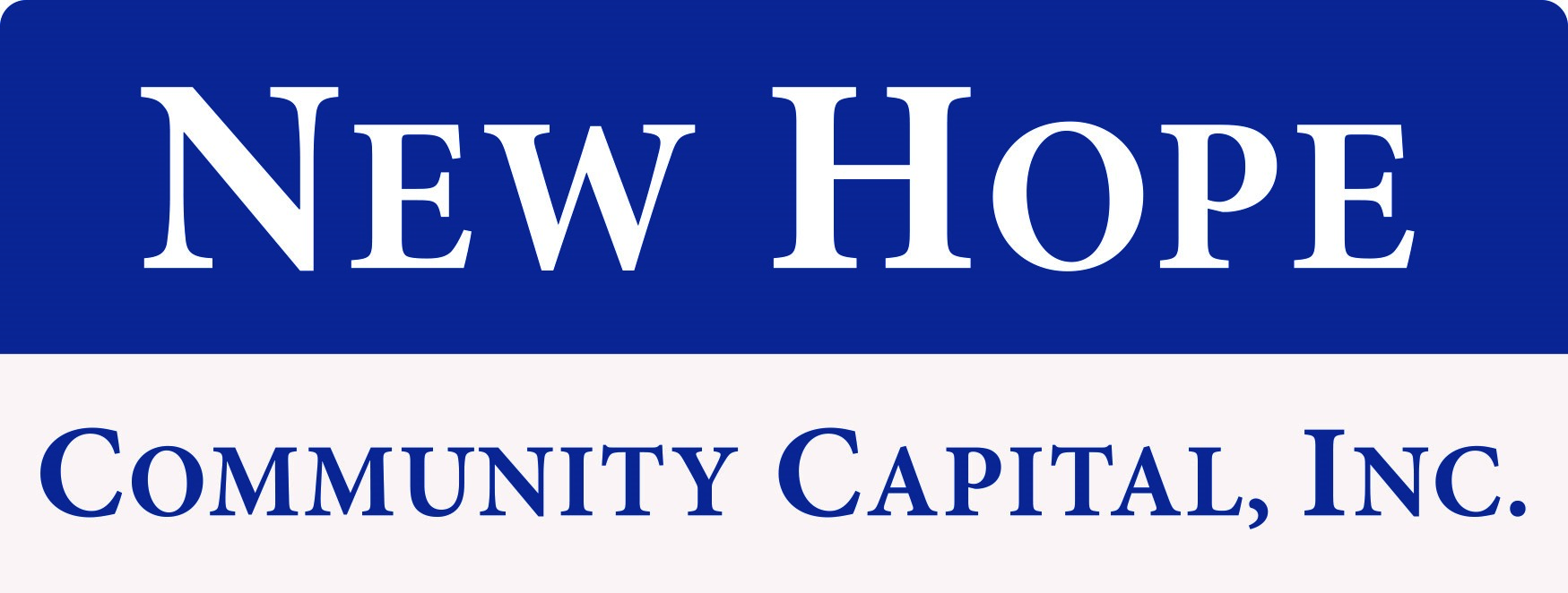Housing & Investment Partners
Nonprofit Partners & Beneficiaries
- Casa Maria Housing Corporation
- Central Connecticut Coast YMCA
- Charlesview, Inc.
- The Community Builders, Inc.
- East Liberty Development, Inc.
- Fair Share Housing
- Foundation for Social Resources
- Gloucester Development Team
- Self-Help
- South Shore Housing
- United Northeast Community Development Center
Investment and Syndication Partners
- AEGON
- Bank of America
- Boston Capital
- Boston Financial
- Housing Capital Investors
- Hudson Housing Capital
- JP Morgan Chase
- National Affordable Housing Trust
- National Equity Fund
- PNC Multifamily Capital
- RBC Capital Markets
- Redstone Equity Partners
- Stratford Capital
New Hope Community Capital’s Partnership with The Community Builders, Inc.
New Hope has worked closely throughout its history with The Community Builders, Inc. (“TCB”), one of the largest and most accomplished nonprofit housing developers in the U.S. TCB has a long history of financial and legal innovation in the affordable housing field, and maintains sophisticated in-house finance and legal capacities that support both TCB’s development work, and the creative financing work done by TCB and New Hope over several decades. Since 2001, New Hope has contracted with TCB to provide equity finance and related services to New Hope, on a cost reimbursement basis. As part of this arrangement, TCB has granted to New Hope the right to raise equity with respect to low income and historic tax credit transactions developed by TCB. In addition, to the extent that New Hope has net revenues in any given year, it has historically made grants of such amounts to nonprofit organizations furthering New Hope’s charitable purposes, including, but not limited to, TCB.
The innovative structuring work done by New Hope and TCB over more than forty years has contributed to the development of a tax credit equity market for nonprofit organizations, to the development of the mixed finance model of public housing redevelopment, and to innovative legal and financial strategies for transferring Section 8 operating subsidies where appropriate to neighborhood revitalization strategies. (It began with TCB’s syndication of the first nonprofit-controlled affordable housing tax shelter investment in the U.S,. back in 1971, memorialized in “Utilization of Tax Incentives by Nonprofit Organizations” a monograph done for HUD by Chuck Edson’s then-law firm.) New Hope values its strong continuing relationship with TCB, but also seeks to work with other nonprofit organizations to bring creative equity and other financing to the table in the interest of realizing their missions. Unlike most syndication service providers, New Hope is mission-driven, and marries a commitment to carrying out challenging urban revitalization work with the capacity to structure such deals in a manner that can be sold to and underwritten by investors and lenders. New Hope has provided services to a number of transactions involving non-profit sponsors other than TCB and seeks to continue to do so.
New Hope is governed by an independent board of directors, none of whom is a director, officer or employee of TCB. Although New Hope is not legally affiliated with TCB, TCB frequently discloses to funders the fact that it is a “preferred investor or syndicator on LIHTC projects in which TCB is the developer and/or sponsor.” Thus, while the relationship between TCB and New Hope is clearly a synergistic one, the purpose and functions of each are distinct. New Hope provides equity, structuring and sourcing services that are typically provided by syndicators and not by developers. These services provide value to the investor, and are compensated with a commensurate fee. It does not receive any funds for these services from the development budget or other sources available to the project owner.
- New Hope requires that the equity price paid to the project owner is a competitive price in the market for the type and location of the subject project and in each case satisfying the pricing requirements of the state tax credit allocating agency. Oftentimes, New Hope seeks to market particularly difficult projects by including them in funds with stronger deals so as to balance the overall risk and return profile of the fund.
- Both TCB and New Hope are nonprofit organizations, and all amounts paid to such organizations support their charitable purposes. TCB’s compensation for services provided to New Hope is limited to cost reimbursement. All New Hope grants to TCB going forward are targeted to funding TCB’s Community Life programs, a neighborhood-based model that drives economic opportunity for residents.
